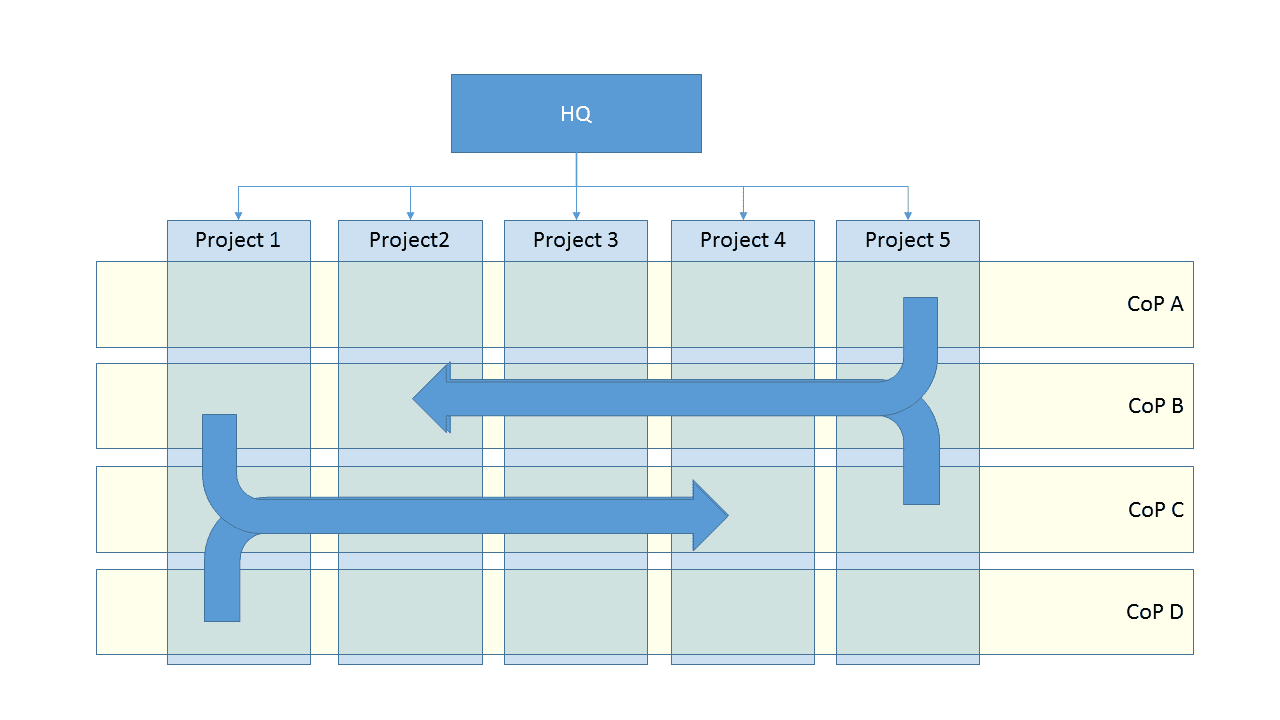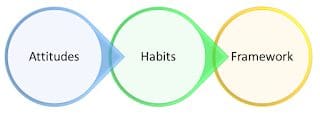
Favorite Work has its own rhythms; its own heartbeat. Make KM part of that heartbeat. Image from wikimedia commons Work has cycles and rhythms; an organisational heartbeat if you will. Embedding Knowledge Management means making it part of that heartbeat, so that it becomes a natural component of the operation
Read More
 Shared by Nick Milton December 17, 2019
Shared by Nick Milton December 17, 2019
Favorite The purpose of a Knowledge Management framework within an organisation is to give people timely access to the knowledge they need, to make effective decisions and take effective action. A conversation by Khalid Albaih on Flickr Knowledge must flow from the supplier to the user, through Push (publishing, telling)
Read More
 Shared by Nick Milton December 16, 2019
Shared by Nick Milton December 16, 2019

Favorite There are 3 unusual cases where content is not important to KM, but they are rare! Image from wikimedia commons This blog has argued that content is as important as conversation in KM, and that content beats memory for long-term preservation of knowledge, and that creation of knowledge content (which is different
Read More
 Shared by Nick Milton December 13, 2019
Shared by Nick Milton December 13, 2019

Favorite Amazon SageMaker Ground Truth helps you build highly accurate training datasets for machine learning (ML) quickly. Ground Truth offers easy access to third-party and your own human labelers and provides them with built-in workflows and interfaces for common labeling tasks. Additionally, Ground Truth can lower your labeling costs by
Read More
 Shared by AWS Machine Learning December 13, 2019
Shared by AWS Machine Learning December 13, 2019

Favorite There are 3 unusual cases where conversation is not important to KM, but they are rare! Conversation, by Valery Kenski, on Flickr This blog has often argued that conversation is as important as content in KM, that conversation is at the heart of effective knowledge transfer, and that without conversation
Read More
 Shared by Nick Milton December 12, 2019
Shared by Nick Milton December 12, 2019

Favorite Amazon Polly turns text into lifelike speech for voice-enabled applications. AWS is excited to announce the general availability of all Neural Text-to-Speech (NTTS) voices in the Asia Pacific (Sydney) Region. These voices deliver groundbreaking improvements in speech quality through a new machine learning approach. If you are in the
Read More
 Shared by AWS Machine Learning December 12, 2019
Shared by AWS Machine Learning December 12, 2019

Favorite Just doing KM well is not enough, you have to do KM at the required speed. Public domain image from Pixnio The world is changing, and organisations need to learn faster than the speed of change if they are to survive. According to Erick Thompson, assistant VP for knowledge
Read More
 Shared by Nick Milton December 11, 2019
Shared by Nick Milton December 11, 2019

Favorite Auto manufacturers are continuously adding new controls, interfaces, and intelligence into their vehicles. They publish manuals detailing how to use these functions, but these handbooks are cumbersome. Because they consist of hundreds of pages in several languages, it can be difficult to search for relevant information about specific features.
Read More
 Shared by AWS Machine Learning December 11, 2019
Shared by AWS Machine Learning December 11, 2019

Favorite In a project-based organisation, we can look at Knowledge Management on two orthogonal axes which together map out the space within which knowledge flows. These are the in-project axis and the cross-project axis. Imagine a large project-based organisation, with multi-disciplinary projects operating in many different regions or divisions. KM
Read More
 Shared by Nick Milton December 10, 2019
Shared by Nick Milton December 10, 2019

Favorite Mature KM is a mixture of attitude, habit, and framework. If you visited an organisation that had truly embraced and embedded Knowledge Management, what would you see? What would be different and distinctive about that organisation? You would probably notice 3 things – attitudes, habits, and a solid KM
Read More
 Shared by Nick Milton December 9, 2019
Shared by Nick Milton December 9, 2019
![]() Shared by Nick Milton December 17, 2019
Shared by Nick Milton December 17, 2019







